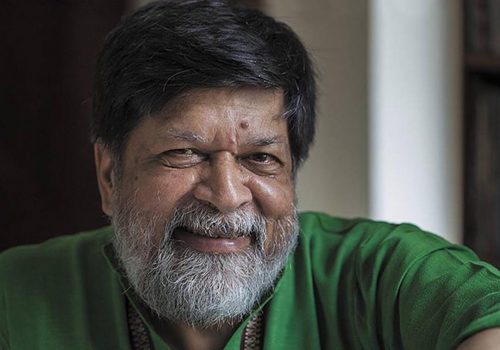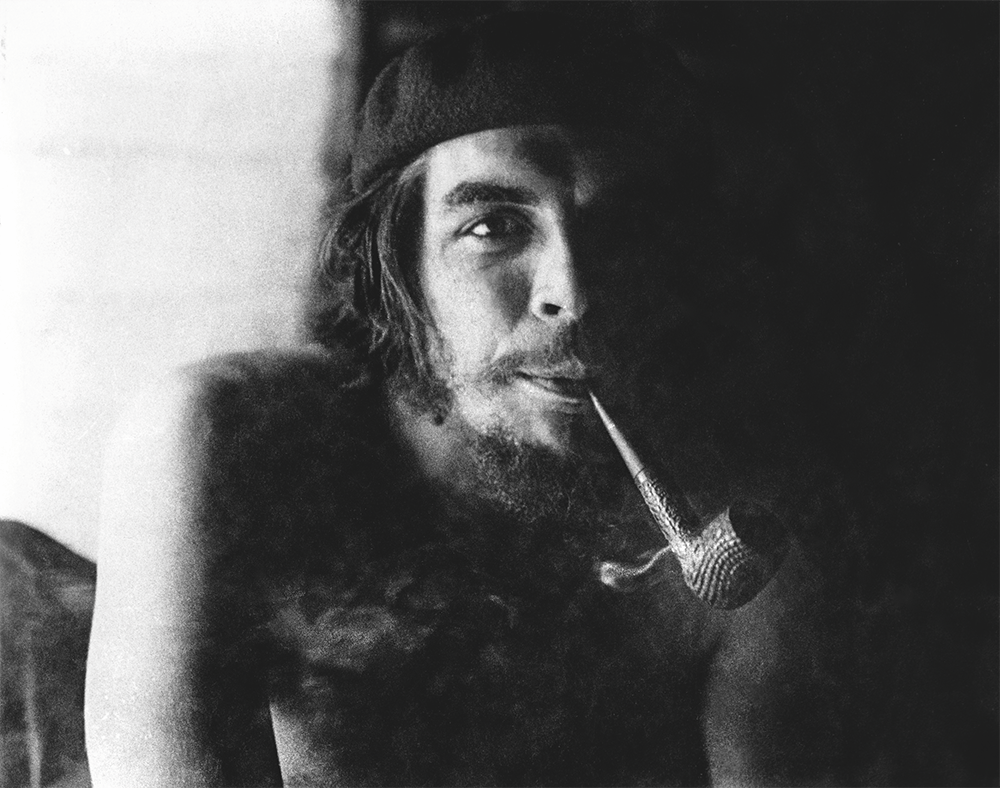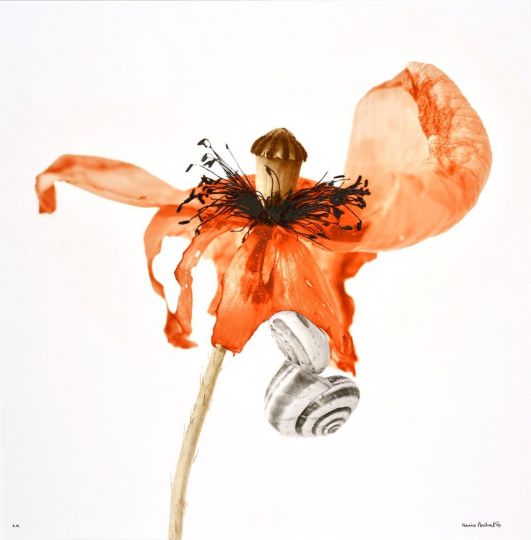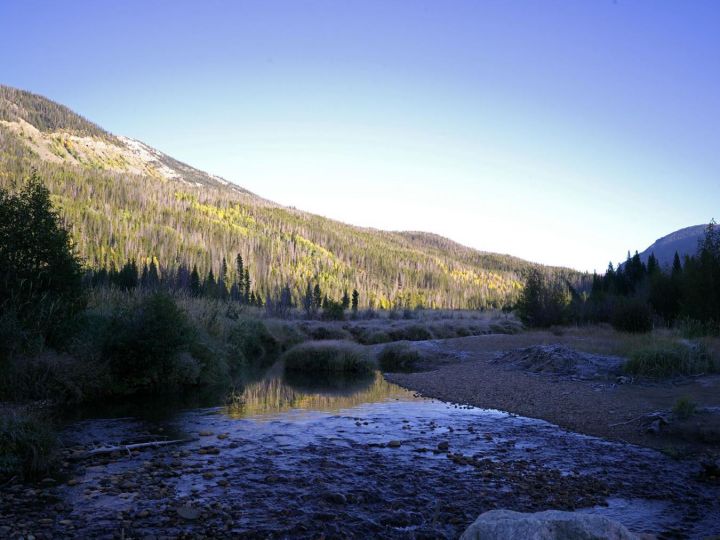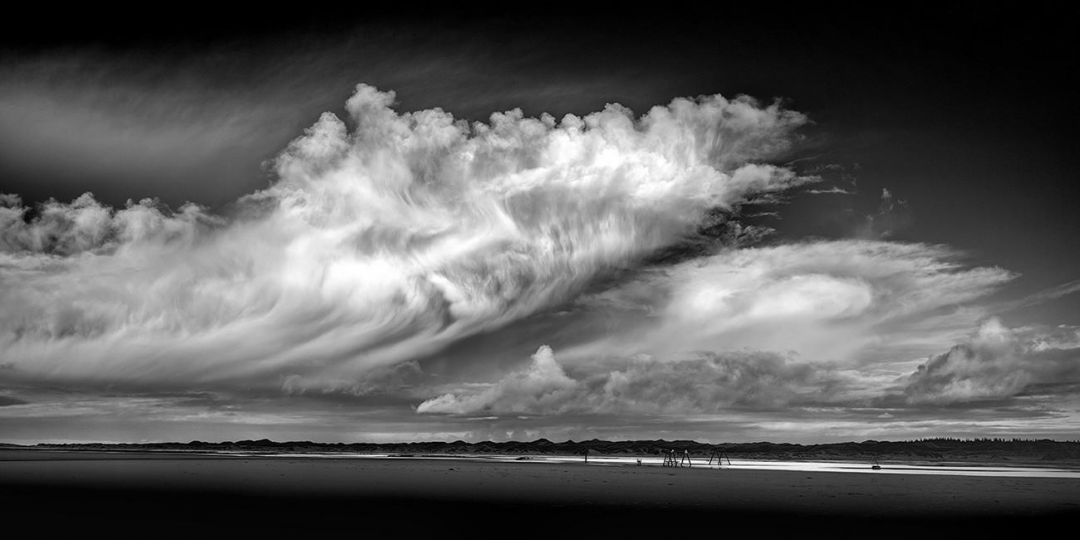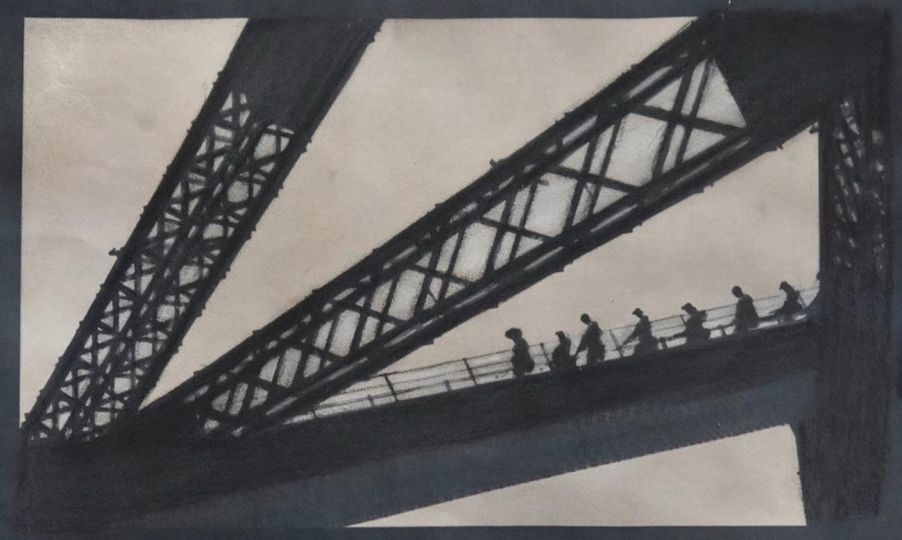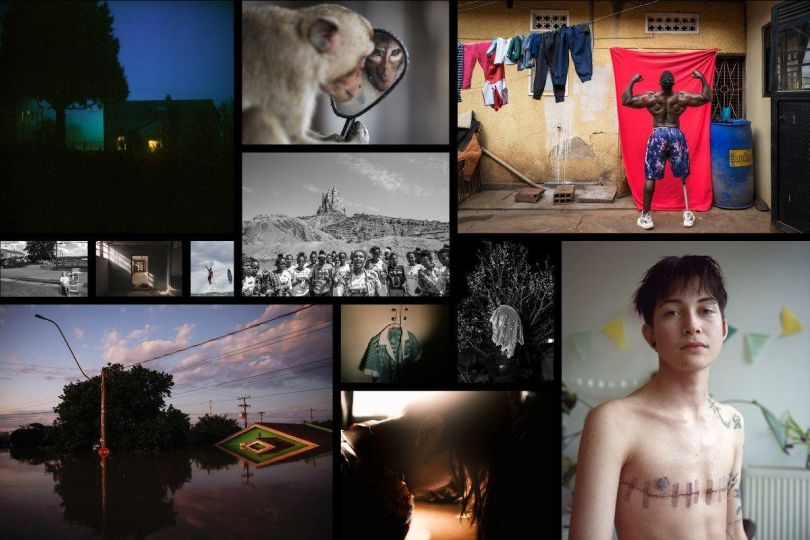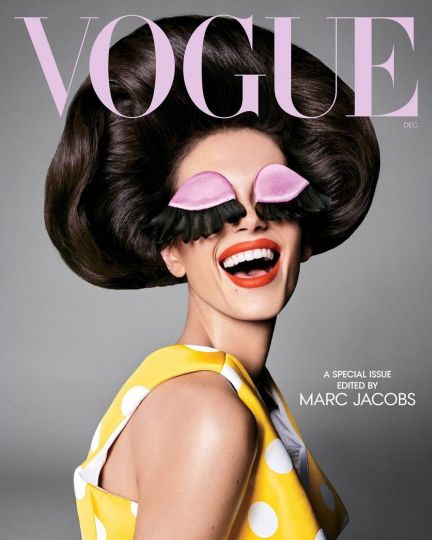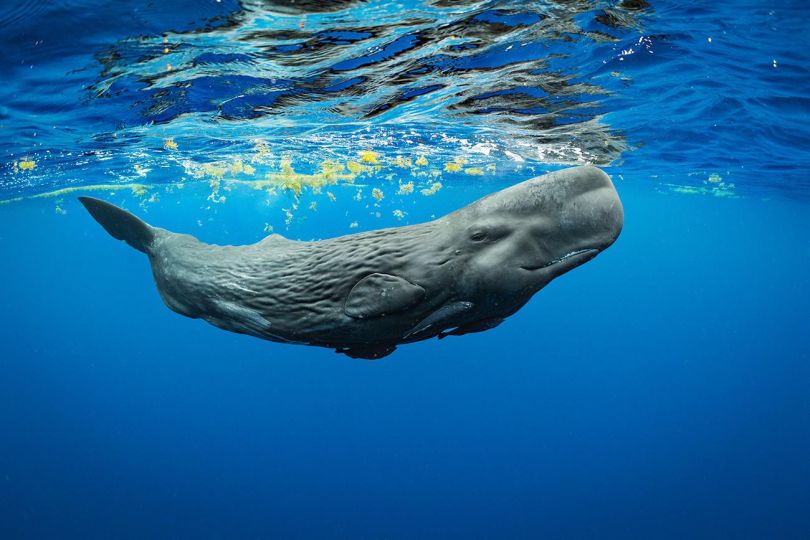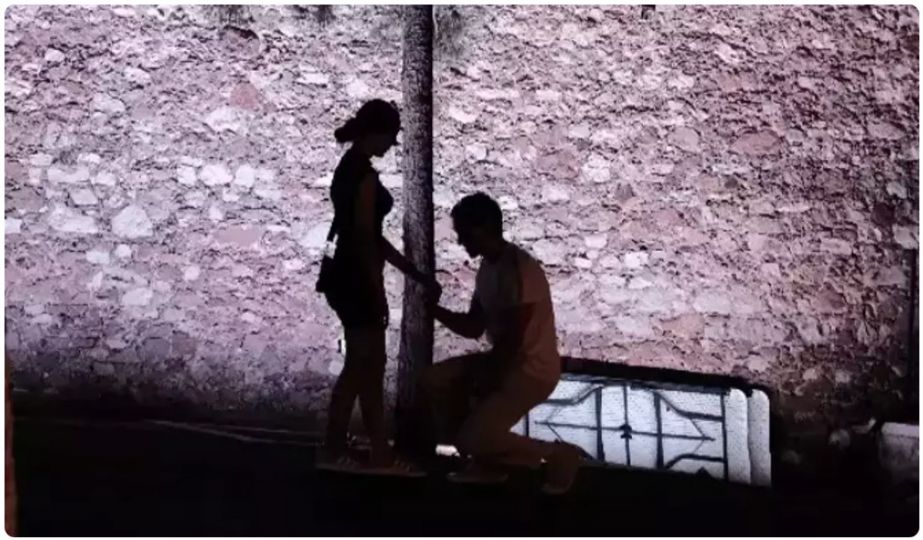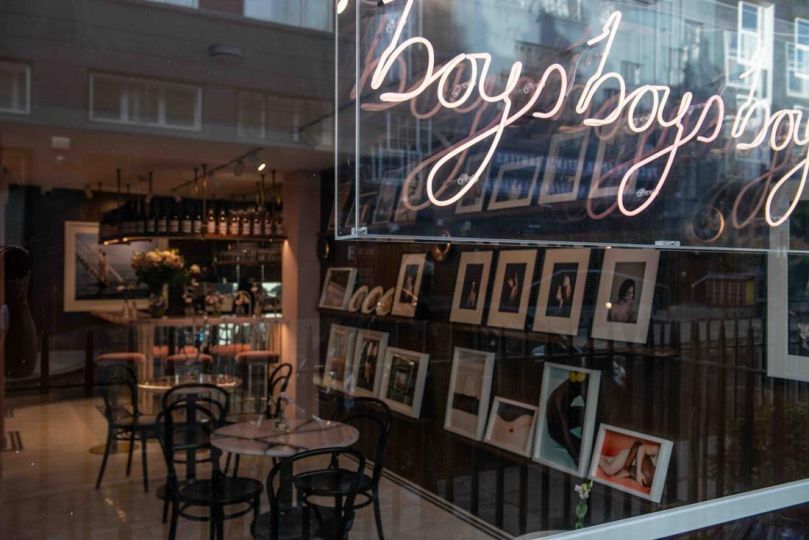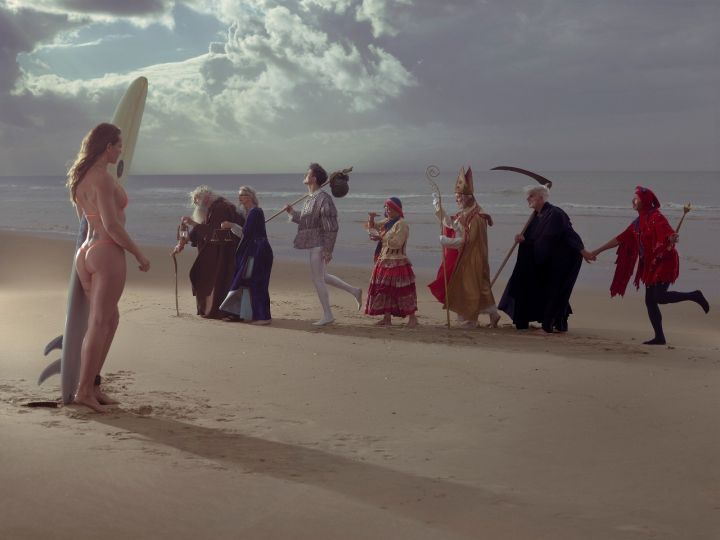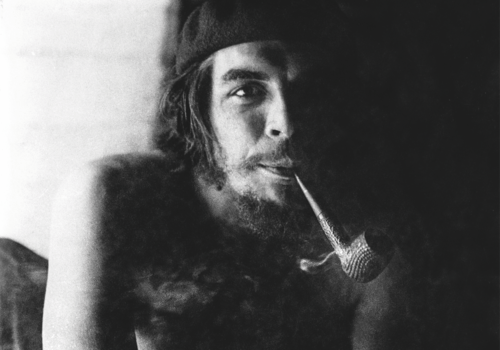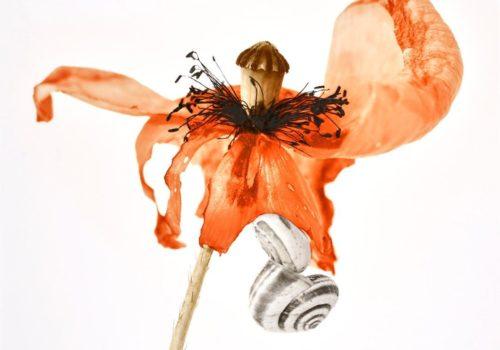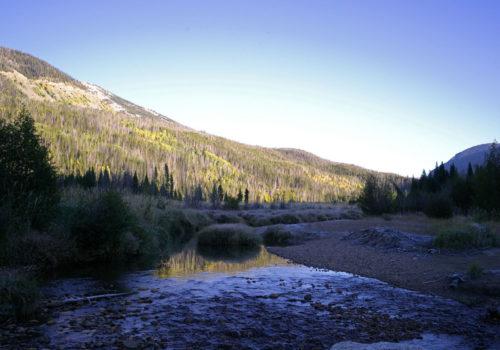It was the year 2000. The new millennium.
When the minister called, it was close to midnight. Spectacular as it was, the show Robert Pledge and I had painstakingly put together over six years, showed the Bangladesh 1971 war as it was. Warts and all. The government wanted a sanitized version. That wars were never neat and tidy events with everyone playing by the book, was something they weren’t prepared to consider. History as seen through the lens was what we were after, they wanted untainted glory. Some pictures had to go, said the minister. Unwilling to submit to censorship, we pulled the show. Taking prints out of a national museum at midnight is easier said than done. The War We Forgot had work by the finest photojournalists of our time, with originals by Don McCullin, Raghu Rai and other greats. This increased our concern. Finding an alternative location for a massive show scheduled to open at 3 pm the next day, was a minor detail. The national museum gallery stayed empty on the opening day of Chobi Mela I, but the show did go on. We had pulled it off.
Chobi Mela continues the way it began. Unyielding to power.
That is how we’ve always done it. Against the odds, facing the storm, with the wind against our face. And we’ve done it with panache. Despite violence in the streets and a total breakdown of law and order, despite a military caretaker government, with shows in football fields and mobile rickshaw vans, with ridiculous budgets and outrageously ambitious exhibits, the world has come to Dhaka and Dhaka has gone to the world. Live-streaming and open-air shows made sure no one would be excluded. We had fun too. Boating back from Chandpur after dancing all night, huddling in blankets in the cold foggy winter morning watching an orange orb in the east, must surely have led to many a romance.
Nigh twenty years on, the art has been far from static. The curatorial team grew to take on practitioners from other fields, bringing with them other sensibilities and opening new doors. Former students, now teachers, curators and art managers, took to the driving seat. They straddled the vigor of youth with the professionalism of the workplace. We adapted and improvised, beefing up security when the president opened Chobi Mela VIII, but never, ever, did we compromise on editorial freedom. Fine art, conceptual work, and multidisciplinary practice adjoined the cutting-edge photojournalism and documentary practice the event had become known for. Household names shared walls with emerging students. Derelict theatres, palaces by the river, and white cube spaces all coexisted in the lively stew of the visual arts recipe of a photo festival like no other. Cordon bleu presentations and hot broth interventions were served on the same rumbustious table.
When times have been turbulent, our audacity got the better of us. Refusing to accept the impossibility of our ambitions or the paucity of our resources, we stuck our necks out, often inciting the wrath of the powerful. That insistence on the freedom to think and disagree, to unsettle with images, has characterized Chobi Mela. We shall swim upstream, sail against the wind, buck the trend. We shall remain unbowed. Our art will not be bound by pristine walls but spill out in stormy nights and onto busy streets. Above all, we are here to stay.
Shahidul Alam
Festival Director
Dhaka, February 2019
Chobi Mela X
International Festival of Photography, Bangladesh
February 28 – March 9, 2019
https://www.facebook.com/chobimelafestival/
https://www.instagram.com/chobimela/
#chobimela

